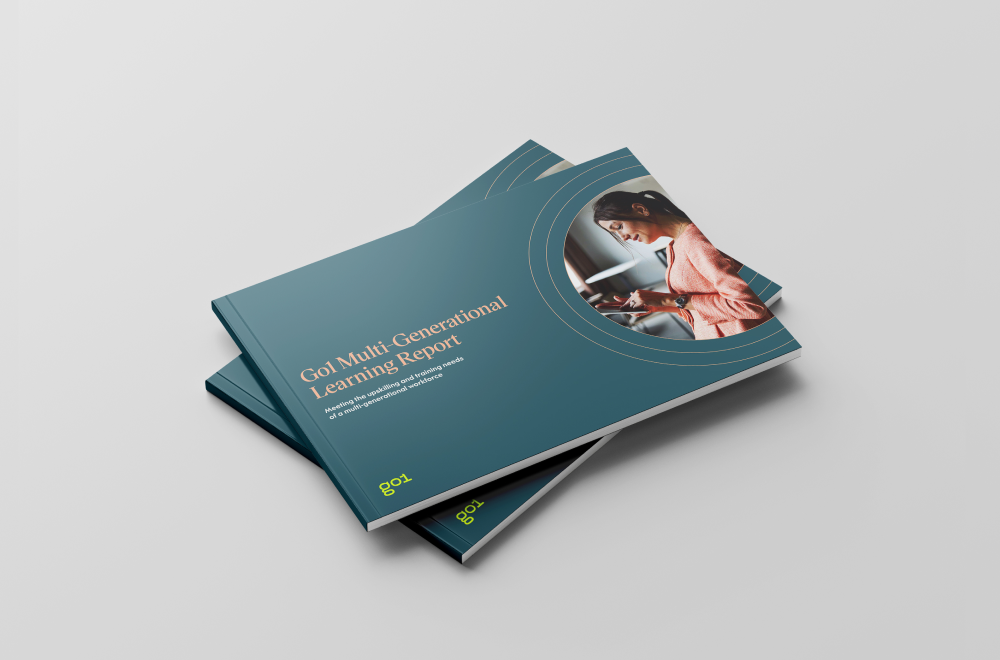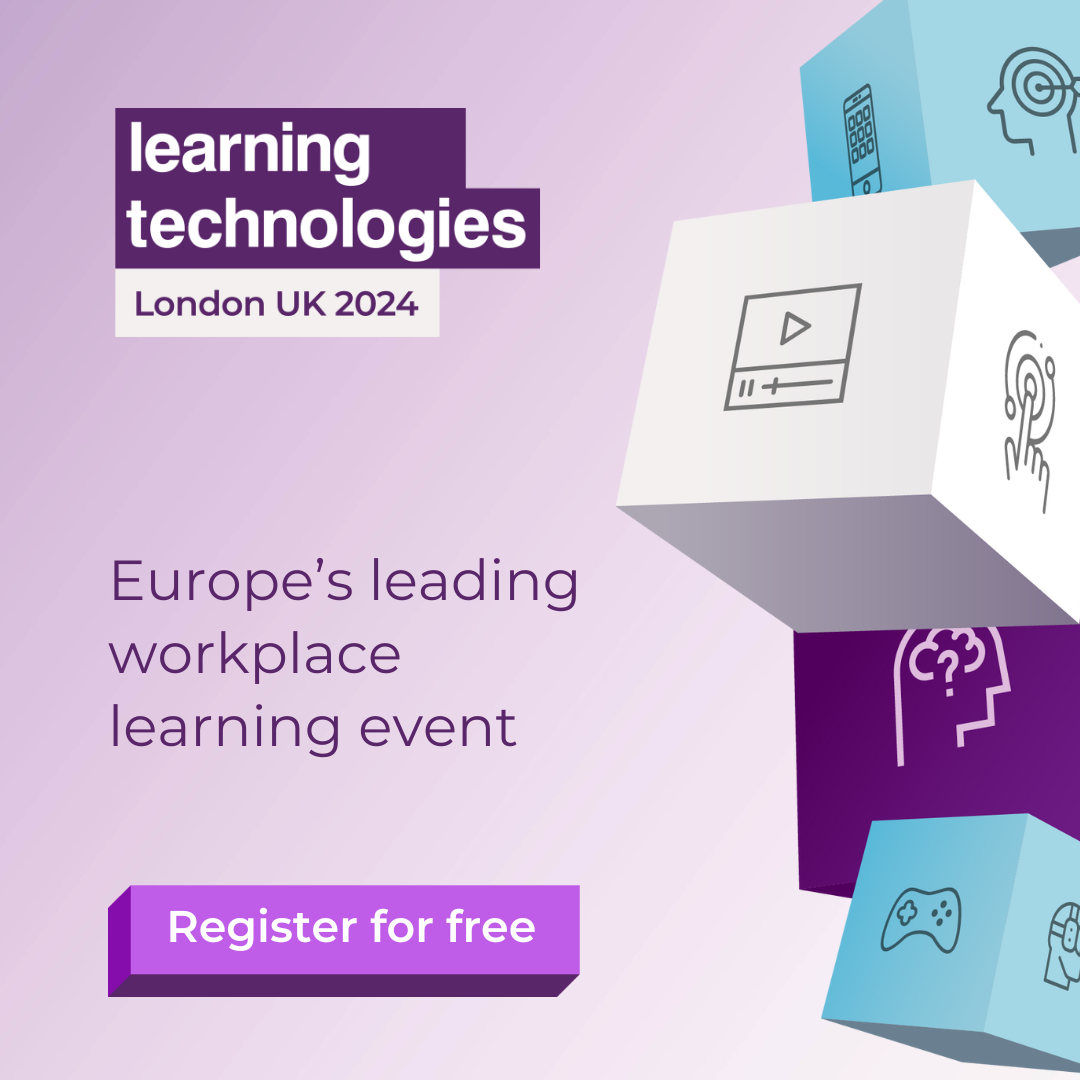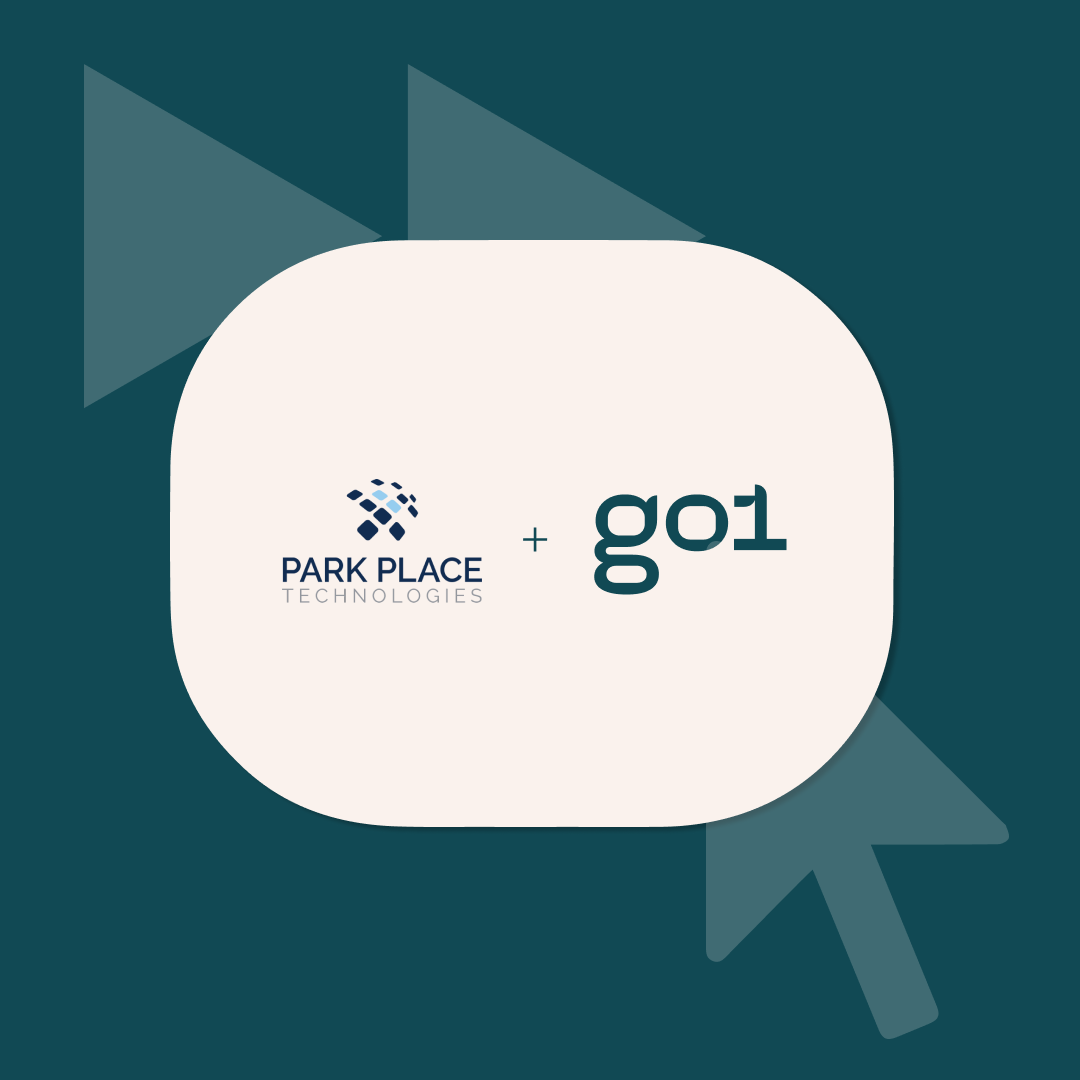
Humanising the workplace in a post-pandemic world

In this informative and thought-provoking webinar, Lauren Waldman, founder of Learning Pirate, is joined by Helen Marshall of Thrive, and Go1 Head of Content Partnerships, David Hastings to discuss humanising the workplace in a post-pandemic world.
The session came off the back of a ground-breaking piece of research between Learning Pirate, Go1, and Learning and Performance Institute (LPI), which delved deep into the state of the current workplace.
The research showed a workforce experiencing emotional strain like never before, and the impact that strain was having on leadership who want to do their best by their teams. All three panellists in this webinar share their experiences from the past two years and what they’ve learned along the way to help humanise the workplace.
A key lesson shared between the attendees and the hosts was the challenge of bringing a new mental and emotional mindset into a professional environment. Not only is it a struggle to articulate personal emotions but it’s doubly hard to then vocalise those emotions to your teammates, whether junior or senior.
Setting the tone at a leadership level, therefore, was a key call-out; when leadership place themselves in a vulnerable position visible to the business, they set the tone for those conversations to happen throughout the workforce. Enabling teams to be more open with their emotional wellbeing and thereby checking in on themselves and those around them to a degree that very few organisations have previously done.
There is, however, an important caveat to that emotional openness that David Hastings called out in particular; the need for empathy. Whilst there is much about the current workplace that exists as a shared experience, to expect every person to approach it with the same emotional cognition and unique set of circumstances is potentially damaging.
Leaders must recognise that individuals process experiences differently and so organisational level conversations should acknowledge the individuality of the teams it will impact.
Building on this, Lauren Waldman explained to the webinar the principles of metacognition. And how emotional processing works four times faster than our executive function. This means we will always feel something long before we think or understand it, which puts great pressure on individuals, especially in leadership positions, to articulate the human response to professional experiences.
It’s this disparity that can sometimes lead to small experiences being felt as micro-rejections, which can build up when not checked.
The closing advice of the panellists struck a tone of optimism that organisations throughout the world have been presented with a generational opportunity to rethink the role of the workplace in the emotional stability of its teams.
The trick, as Lauren put it, is to ensure we continue to find time to upskill ourselves and our emotional awareness, especially knowing that the workforce of today is the leadership of tomorrow. And whilst it might feel like a trend to be considering the workplace in this way, it’s actually an evolution of humanity.
Keen to hear more insights from the panellists? Watch the full Humanising the Workplace webinar.
You may also like to read Lauren Waldman's article on how joining forces with our brains can help us to be more emotionally intelligent and empathetic in the workplace.



